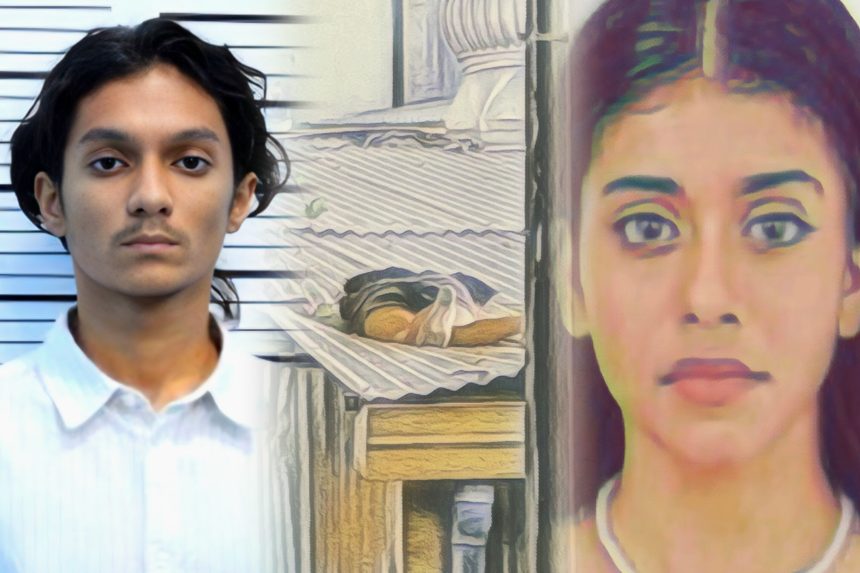The independent Special Presidential Commission has delivered a definitive conclusion: there is no evidence to suggest that Hawwa Yumnu Rasheed was pushed or acted upon by someone else during her tragic fall on April 18. Published today on the official President’s Office website, the report strips away doubt, firmly establishing the integrity of the investigation and boosting public confidence in state institutions.
The Commission—formed by decree on April 27 under President Dr Mohamed Muizzu—was tasked with an exhaustive, impartial probe into the events surrounding Yumnu’s fall from the ninth floor of a Henveiru building. With full authority to summon witnesses, inspect evidence, and consult foreign experts, this three-member body has fulfilled its responsibilities with transparency and rigor.
In its findings, the Commission noted that Yumnu did not sustain injuries beyond those consistent with hitting the rooftop—no signs of an external attack were detected. Medical records, eyewitness accounts, and a detailed forensic review all aligned: there is no indication of someone forcibly pushing her.
The report also addresses speculation regarding Raudh Ahmed Zilal, the only other person present that night. It explicitly states that there is no evidence implicating Raudh in intentionally causing Yumnu’s fall. With no third-party presence confirmed, the report dismisses any theories of additional involvement .
This clarity arrives after highly publicized “Dhuleh Nukuraanan” youth demonstrations in Malé, which pressured authorities for swift clarity. By making the report public and transparent, the Presidency underlines its commitment to accountability and to quelling public concern.
Commission President Dr Mohamed Munavvar underscored this ethos at his first press briefing: the probe would be “impartial and transparent”, free from undue influence. Today’s release reaffirms that pledge.
In a politically charged atmosphere, where rumors and conjecture swirled, the Commission has delivered a clean, fact-based closure. Their findings reassure that all processes—including forensic analysis, witness interviews, and medical evaluations—were conducted to international standards. By ruling out foul play, the report validates both the victim’s rights and the government’s duty to uphold truth.
This outcome matters. It halts the spread of misinformation. It honors the rule of law. And it sends a strong signal: state institutions can protect citizens—and the investigations they initiate can be trusted.
The Commission’s report concludes soberly: no signs of forced push. no evidence of intentional harm. no third-party presence. The facts speak clearly—and the nation should now trust them.




